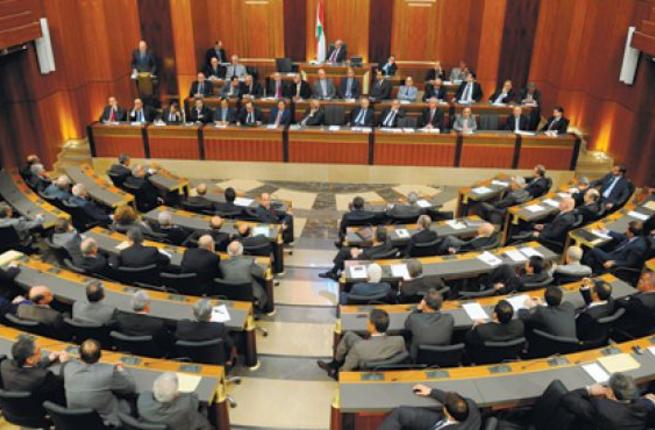
A survey conducted by the U.S.-based opinion polling think tank Pew Research Center found that 53 percent of Lebanese consider the current economic situation in Lebanon “very bad” and 36 percent see it as “bad,’ compared to 9 percent who believe it is “good” and 1 percent who say it is “very good.” The responses indicate an improvement since 2014, when 56 percent of Lebanese respondents believed that the economic situation was “very bad,” and 2013, when 57 percent of respondents said the economy was “very bad.”
The survey was conducted between April 7 and May 5, 2015, through face-to-face interviews with 1,000 Lebanese residents who are 18 years or older.
Overall, 89 percent of Lebanese respondents consider the current economic situation in Lebanon “bad” or “very bad,” compared to 91 percent of respondents in the 2014 survey and 90 percent in the 2013 survey, as reported by Lebanon This Week, the economic publication of the Byblos Bank Group.
In comparison, 56 percent of respondents in advanced countries, 55 percent of participants in emerging economies and 54 percent in developing countries have the same opinion about their local economy. The percentage of respondents in Lebanon who think that the current economic situation in the country is “bad” or “very bad” is the second highest among 40 countries covered in the survey, relative to 94 percent in Ukraine. Regionally, 73 percent of Jordanians and 67 percent of Palestinians consider the current economic situation in their country “bad” or “very bad.”
Further, the survey pointed out that 37 percent of Lebanese respondents expect the economic situation in the country to “remain the same” in the next 12 months, 27 percent of participants anticipate that it will “somewhat worsen” and 17 percent of participants think that it will “worsen a lot,” while 18 percent of respondents believe it will “improve” in the next 12 months. As such, 44 percent of Lebanese respondents expect the economic situation in Lebanon to “worsen” or “worsen a lot” in the next 12 months, compared to 46 percent of respondents who had similar expectations in the 2014 survey and 48 percent of participants in the 2013 survey.
In comparison, 21 percent of respondents in each of the advanced and developing economies and 20 percent of participants in emerging countries have the same opinion about their local economy.
The percentage of respondents in Lebanon who expect the economic situation in the country to “worsen” or “worsen a lot” in the coming 12 months is the highest globally, while the share of respondents in Lebanon who indicated that the economic situation in the country would “improve” is the second lowest worldwide, behind only Poland (16 percent). Regionally, 39 percent of Palestinians and 35 percent of Jordanians anticipate a worsening in their country’s economic performance in the coming 12 months.
In parallel, 47 percent of survey participants in Lebanon think that the next generation will be worse off financially than their parents, unchanged from each of the 2014 and the 2013 surveys. In comparison, 64 percent of respondents in advanced countries, 38 percent in developing countries and 26 percent of participants in emerging economies have the same expectations for the next generation. The percentage of respondents in Lebanon who say the next generation in the country will be worse off financially than their parents is, along with Kenya, the 14th highest globally. Regionally, 44 percent of Palestinians and 37 percent of Jordanians think that the next generation will be worse off financially than their parents.



